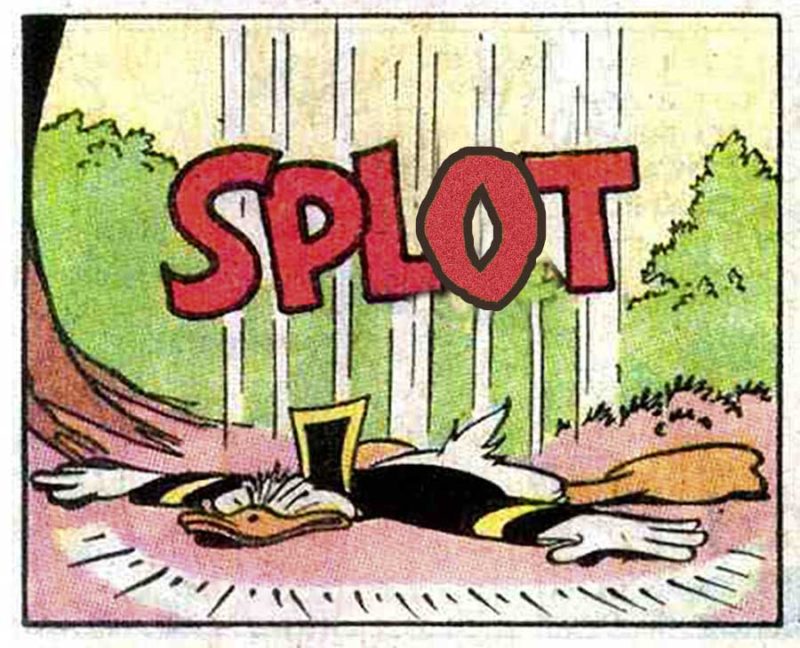Actus rea is a physically voluntary act or omission that must concur with Mens Rea / criminal intent (Fagan, Cooper) or overlap at some point. The prohibited act must be codified at the time of the offence, sufficiently clear, specific and not overly broad or vague. The act must be voluntary and could include a failure to act.
Voluntariness involves conscious control of action or action that is a product of conscious choice (Kilbride, King), however the accused may raise doubt of voluntariness due to mental or physical disorders. A person is presumed to have intended the natural and probable consequences of their actions.
An example of involuntariness is Kilbride v Lake, where the accused was charged for not having his registration displayed, despite being legitimately registered, as it was removed without his knowledge. As the act was involuntary there was no conviction.
Involuntariness can take the form of moral involuntariness, which does not negate the actus rea or mens rea, but may excuse the act, resulting in an acquittal. This was established in R v. Ruzic, where a woman was forced to import drugs while her mother was being held hostage.
A failure to act or omission was demonstrated in R v. Miller, where the accused fell asleep with a lit cigarette, woke up to find the mattress on fire and went back to sleep in a different room allowing the house to burn down. This case established that an omission can be treated as actus reus if a person creates a situation where harm will likely occur and they intentionally or recklessly do nothing to prevent or stop it.



Share Feedback
Feedback is nice